
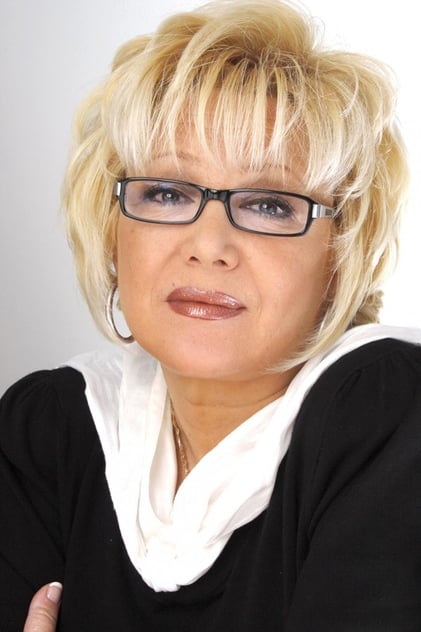
Marie Myriam
Born: May 8, 1957
in Luluabourg, Congo
in Luluabourg, Congo
Marie Myriam (born Myriam Lopes, 8 May 1957, Luluabourg, Belgian Congo, (now Democratic Republic of the Congo) is a French singer of Portuguese descent.
Representing France, she won the Eurovision Song Contest in 1977 with L'oiseau et l'enfant ("The bird and the child") the day before her 20th birthday, with music by Jean Paul Cara and words by Joe Gracy. The single reached No. 42 in the UK Singles Chart in June 1977.
In 1981, Myriam also represented France in the Yamaha Music Festival with the song "Sentimentale"; she came in ninth place. In recent years, she has read out the votes of the French Jury at the Eurovision Song Contest.
Myriam made an appearance at the 50th anniversary concert in Copenhagen, Denmark, in October 2005 as a guest presenter and performer. The same year, she wrote the introduction to the French edition of The Eurovision Song Contest – The Official History by John Kennedy O'Connor.
Myriam was married to music producer Michel Elmosnino from the late 1970s until his death at age 67 on 20 December 2013. The marriage produced two children: Laureen, born 1982, now master of ceremony and Rick, born in 1990, assistant director and photographer.
Source: Article "Marie Myriam" from Wikipedia in English, licensed under CC-BY-SA 3.0.
Representing France, she won the Eurovision Song Contest in 1977 with L'oiseau et l'enfant ("The bird and the child") the day before her 20th birthday, with music by Jean Paul Cara and words by Joe Gracy. The single reached No. 42 in the UK Singles Chart in June 1977.
In 1981, Myriam also represented France in the Yamaha Music Festival with the song "Sentimentale"; she came in ninth place. In recent years, she has read out the votes of the French Jury at the Eurovision Song Contest.
Myriam made an appearance at the 50th anniversary concert in Copenhagen, Denmark, in October 2005 as a guest presenter and performer. The same year, she wrote the introduction to the French edition of The Eurovision Song Contest – The Official History by John Kennedy O'Connor.
Myriam was married to music producer Michel Elmosnino from the late 1970s until his death at age 67 on 20 December 2013. The marriage produced two children: Laureen, born 1982, now master of ceremony and Rick, born in 1990, assistant director and photographer.
Source: Article "Marie Myriam" from Wikipedia in English, licensed under CC-BY-SA 3.0.
Movies for Marie Myriam...
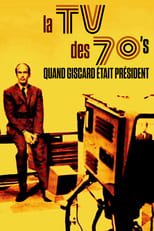
Title: La TV des 70's : Quand Giscard était président
Character: Self (archive footage)
Released: January 7, 2022
Type: Movie
In May 1974, Valéry Giscard d'Estaing became President of the Republic and wanted to bring about a new era of modernity. One of his first decisions was to break up the ORTF with the creation of three new television channels: TF1, Antenne 2 and FR3. Three new public channels but autonomous and competing. It is a race for the audience which is engaged then, and from now on the channels will make the war! This competition will give birth to a real golden age for television programs, with variety shows in the forefront. The stars of the song are going to invade the living rooms of the French for their biggest pleasure. This unedited documentary tells the story of the metamorphosis of this television of the early 1970s, between freedom of tone, scandals, political intrigues and programs that have become mythical.


Title: Tour d'Eurovision
Character: Self
Released: May 14, 2005
Type: Movie
Documentary about the first five decades of the Eurovision Song Contest

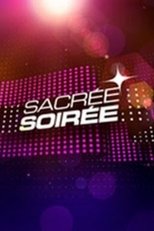



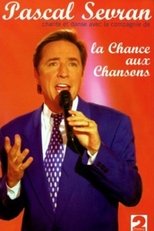



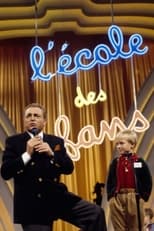
Title: Fan School
Character: Self
Released: January 30, 1977
Type: TV
Host Jacques Martin invites different talented children from various backgrounds to showcase their beautiful voices. The participants entertain and wow the audience with their lovely performances.

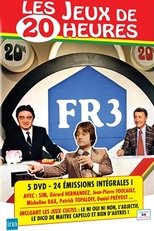


Title: Numéro un
Character: Self
Released: April 5, 1975
Type: TV
A French variety show.


Title: Les Rendez-vous du dimanche
Character: Self
Released: January 12, 1975
Type: TV
A talk show presented by Michel Drucker


Title: Midi Première
Character: Self
Released: January 6, 1975
Type: TV
Midi Première is a French variety show presented by Danièle Gilbert, directed by Jacques Pierre and broadcast from January 6, 1975 until January 1, 1982 on TF1. The program was generally broadcast between 12:15 p.m. and 12:55 p.m., then giving way to the 1:00 p.m. TV news. However, the broadcast schedule could change, depending on the guests, and the setting where the recording of the program was shot. Certain performances by artists who have become cult like the one where Ringo jostles with a demonstrator in interpretation (1977), that of Dalida with the title There is always a song with the soundtrack that does not start, twice, at the right speed (1978), Claude François and his Clodettes, who, in the provinces, are unable to join "the set" in order to interpret his song, the latter being taken by the crowd of delirious fans (summer 1977) . The group Supertramp performed there with the title "Dreamer" on March 8, 1975.

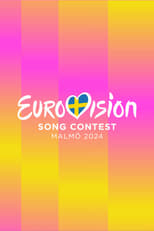
Title: Eurovision Song Contest
Released: May 24, 1956
Type: TV
The Eurovision Song Contest is an international song competition, organised annually by the European Broadcasting Union (EBU) and featuring participants representing primarily European countries. Each participating country submits an original song to be performed on live television and radio, transmitted to national broadcasters via the EBU's Eurovision and Euroradio networks, with competing countries then casting votes for the other countries' songs to determine the winner.
